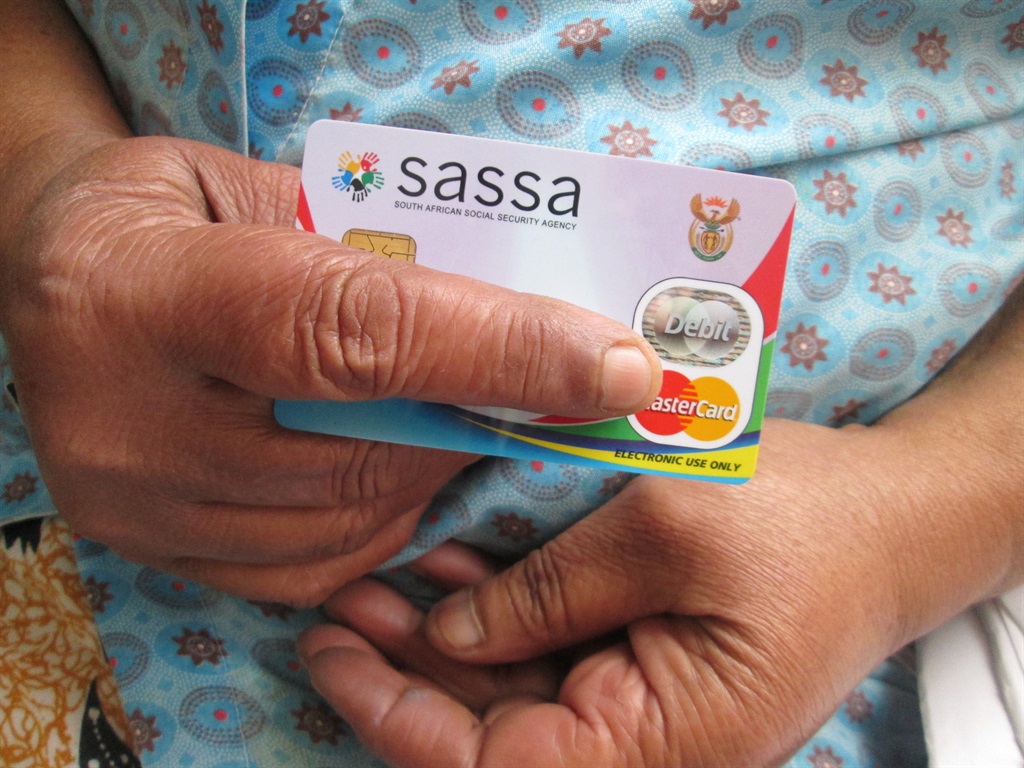
This is an edited extract from the late Professor Tessa Hochfeld’s book Granting Justice: Cash, Care, and the Child Support Grant (HSRC Press, 2022). In the book, Hochfeld, who was an associate professor at the Centre for Social Development in Africa at the University of Johannesburg, examined South Africa’s social grants system through the eyes of six women living in Johannesburg and receiving the child support grant. She wanted to know how women defined their own needs, rather than how they were defined by the state, and whether cash impacted their decision-making within households. Sadly, she concluded thatalthough the South African state offered cash grants for its poor children, but it failed to invest systematically in poor children’s futures. This not only limited the grant’s impact, it also continued injustice by privatising caring responsibility onto families, in particular mothers.
Poverty interacts with and shapes a person’s capabilities and life as a whole, well beyond the person’s ability to earn an income. Nandi’s narrative illustrates the multi-layered and complex nature of deprivation and need. It demonstrates what poverty is and what it does, beyond restricting consumption: it severely restricts options, choices, opportunities, and emotional resilience, factors that a child support grant can hardly undo. It exposes the lack of acknowledgement of the deep damage a trajectory of poverty, through generations, can cause. The needs Nandi has cannot be reduced to just a job or income. It alerts us to the danger of focusing only on the material and ignoring the role of dignity, affect, emotion, and ideology, as this leads to superficial or simplistic solutions to the needs of poor people.
Nandi’s everyday life is both simple and complex, both privileged and deprived. It is simple in that it is made up primarily of routine tasks and actions; despite occasional bouts of work-seeking, it mostly consists of social reproductive work or ‘hanging around’ with friends. It is also privileged (compared to many other South Africans) as she has a shelter, clothes, and food, even at a basic level, despite not having employment. But it is complicated by her history, her past experiences of difficulty and trauma, her unmet needs, and her lack of a future. This is the source of her deprivation.
In 1989, American philosopher Nancy Fraser wrote of “thin” and “thick” needs. This offers analytical tools to capture Nandi’s experience. Her needs can be understood thinly, as a need for a job. On the other hand, thinking about her needs multidimensionally and from a vantage point of not only public service delivery but also of the enhancement of a person’s quality of life, opportunities and capabilities, Nandi’s needs are far more complex. A thick conception of need sees beyond income and looks towards a holistic understanding of this in concert with Nandi’s social and interpersonal needs. I analyse Nandi’s thick needs by focusing on four aspects: resilience, surviving rape and violence, hope and security. All four speak to how to define and understand issues of mental health.
READ: Living below the poverty line: Who should die of poverty?
Resilience is a concept which captures an individual’s ability to “bounce back” from trauma and crisis and manage even significant misfortune. It can be understood in two fairly different ways. A sociological notion of resilience would be engaging a range of strategies and resources that facilitates coping and survival, such as acquiring new skills, joining a collective savings programme (stokvel), seeking treatment for illness, the involvement in a faith-based community and faith activities (such as praying), or the use of social capital and networks to access support and alternate livelihood strategies. A more psychological notion of resilience is focused on the ability to manage emotionally, regain emotional health after misfortune and maintain it through persistent hardship. Studies indicate there are many factors, known as protective factors, which will contribute to building an individual’s emotional resilience, such as intrapersonal, interpersonal, community and social, physical and environmental, and other factors. However, arguably some of the most important factors are those involving a stable, positive, intimate relationship with at least one person, understood as an attachment in psychological literature.
This implies the importance of a past where the individual received effective parenting or had the presence of at least one meaningful and positive role model, with which there was an intimate emotional connection.
Nandi and her parents describe a past in which there was constant conflict at home, where Nandi had a close but ambivalent relationship with her mother and an antagonistic relationship with her father, distant and troubled relationships with her siblings, and friendships with others who were in similarly precarious emotional and economic positions. These troubled relationships all imply that Nandi’s psychological and emotional needs are largely unmet, both from the past as well as currently. Nandi chooses to withdraw, avoid and deny problems as a means of emotional survival. Yet, while these might be helpful in the short term to allow her to carry on, they are destructive in the long term as the problems remain.
Another source of resilience comes from positive relational mutuality. While the notion of mutuality is certainly not new – African philosophy has historically been built on this concept in the form of, for example, ubuntu – until the late 1970s theoretical perspectives that emphasised how human nature was to strive towards individual autonomy were dominant in fields as diverse as psychology, economics and sociology, particularly in the West. Feminist theory and especially feminist psychology helped shift this idea towards a realisation that humans are constituted in relation to others: mutual inter-subjectivity is not only important when we are very young children but remains a critical part of our development throughout our lives (Jordan 1986). Intimate and reciprocal relationships form us, make us who we are, and are necessary for every human’s intra-psychic and interpersonal growth. Sadly, it seems that Nandi’s peer relationships are similarly fraught and ill-equipped to offer genuine strength and support. An experience I had during my relationship with Nandi illustrates the deep unmet emotional needs with which she and her friendship group are grappling, and the consequent destructive coping mechanisms they utilise.
READ: Adolescent girls’ and young women’s mental health worst hit by Covid-19 , SA survey finds
After not managing to get through to Nandi or her mother by phone for several weeks, I thought I would go past her home to see if everything was all right and to make an appointment to see her for an interview. Afterwards, I wrote in my fieldwork journal, describing the experience:
September 1 2011, Thursday
As I ascended the stairs, I could hear loud male voices – they were coming from her flat. Intimidated and unsure who I would find there, I went back down the stairs, but then I heard the door open, and people exit. I greeted the young woman on the stairs and addressed the young man on the landing just outside her flat, asking if Nandi was in. He said yes, come in – a strong smell of alcohol at the flat door. Smoke-filled room. About six or seven young men and Nandi and her friend … Nqobile.
Nandi was a little embarrassed, taking me aside in the passage. We spoke. She freely said, ‘We’re drinking’, and then asked if I could talk to her brother Andile, whom she had previously called me about who’d been suicidal and had a drinking problem.
We spoke for a while in the parents’ bedroom. Andile freely said he had a problem with drinking, he was very unhappy and he hated living with his parents mainly because they disapproved of his girlfriend (whom he called his wife). He has a nine-year-old son with her (he’s only 24 years old!!) and has no job or income. […] I asked if he wanted to be a good responsible father and partner and when he said yes, I said only he could make the changes he wanted and he should decide. Referred him for counselling with little hope that he’ll go. [She goes on to describe similar interactions with others in the flat that day.]
These are Nandi’s closest friends and confidants. None of them is in a position to offer more than sympathy to Nandi – they themselves have no role models, sources of emotional care, material resources, powerful networks or cultural capital. They too cannot escape their bleak future of no educational qualifications, no stable work and could easily land up living lives of alcohol abuse and broken relationships, and possibly troubled parenting or even child neglect or abuse.




 Publications
Publications
 Partners
Partners









